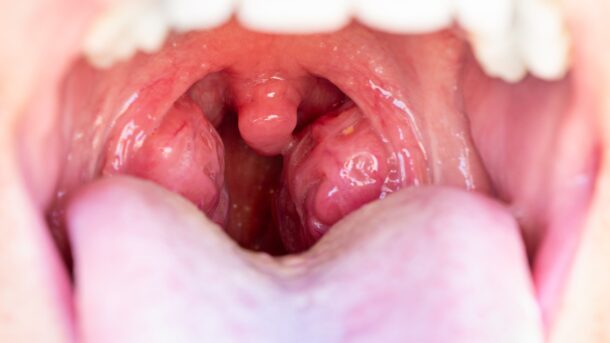Q1: What are tonsils?
Tonsils are two glands found on each side of the throat that help protect the body from germs.
Q2: Does the child need their tonsils?
Your child can still fight off infections without tonsils. They are only removed if they start causing more problems than benefits.
Q3: Why would a doctor suggest removing of tonsils?
Tonsil removal surgery is suggested if the child has frequent sore throats that cause them to miss school, or if the tonsils are so large they make it hard to breathe at night or cause problems during swallowing of food. Sometimes, doctor will suggest removal of adenoids at the same time.
Q4: Is surgery always necessary?
Surgery isn’t always needed. Sometimes, it’s best to wait and see if the issue improves on its own, as many children outgrow tonsil problems. The doctor should explain why surgery is being considered in your child’s case
Q5: What should I do before the child’s operation?
Plan to have a couple of weeks off from school. If the child develops a sore throat or cold before the surgery, let the hospital know, as it might be safer to reschedule.
Q6: How is the tonsil operation done ?
The Child will be under anesthesia (asleep) while the tonsils are removed through the mouth. These days Coblation wand is used to remove the tonsils, which is a bloodless procedure. The operation itself takes about 20 minutes. However the child will be in the operating area for about an hour in total.
Q7: How long will the child need to stay in the hospital?
The child will be discharged same day once they’re eating, drinking, and feeling well. Occasionally, the child may have to stay overnight
Q8: What are the risks of tonsil surgery?
Tonsil removal is generally safe, but there is a small risk of bleeding, which sometimes requires a return to the hospital or even a second operation. There’s also a slight chance of damaging a tooth during the procedure, especially if it’s loose or has a crown.
Q9: What should I expect after the operation?
The child’s throat will be sore at first, but it should improve each day. Give pain medicine as directed. Eating regular food and drinking with meals will help healing. Chewing gum might also ease the pain.
Q10: Is it normal for my child to have ear pain after surgery?
Yes, ear pain is common after tonsil surgery because the nerves in the throat and ears are connected. It usually doesn’t mean there’s an ear infection.
Q11: What will the child’s throat look like after surgery?
The throat will appear white as it heals, and you might notice small stitches, which will fall out on their own.
Q12: What if the child gets a fever or their throat smells bad after surgery?
If the child develops a fever or their throat smells unpleasant, this could be a sign of infection, often due to not eating well. If this happens, contact your doctor or the hospital for advice.




